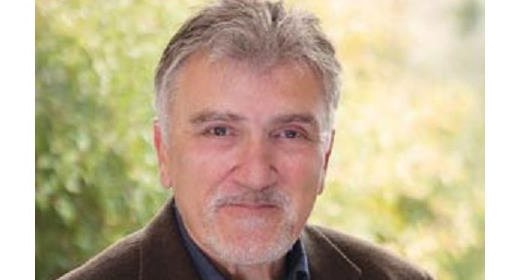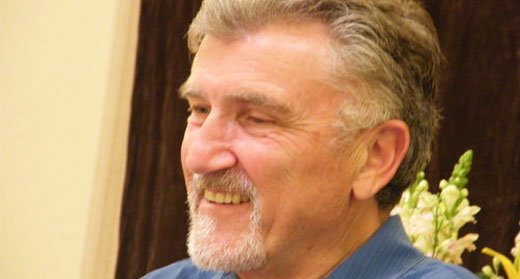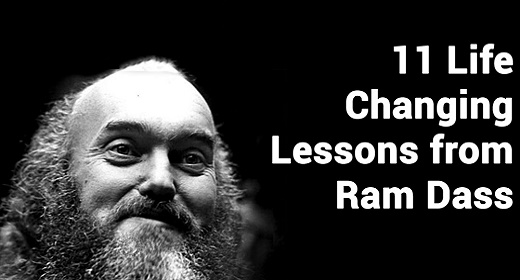by Joe Gilmore: Meditation and mindfulness exercises have proven to help with physical and mental health, but they can also be effective treatment methods for those dealing with addiction problems…
Evidence has shown that practicing mindfulness exercises can:
- Improve physical health
- Help with cognitive performance
- Enhance social relationships
- Increase emotional well-being
All of which can be vital for establishing healthy habits conducive with long-term substance abuse recovery.
While these are things that general mindfulness techniques can help with, there are certain practices developed and used to help with substance use disorders specifically. These techniques can help patients improve their mental fortitude and give them the skills and confidence they need to commit to sobriety as a lifestyle change.
While in-depth mindfulness techniques are typically reserved for luxury rehab programs, you may be able to request them at another treatment center or receive them from an independent therapist.
Mindfulness-Based Stress Reduction
MBSR is a program developed by Dr. Jon Kabat-Zinn in 1979 originally to help with stress reduction; however, it has since evolved to help in the treatment of a variety of health-related disorders, including the use of the technique as a relapse prevention strategy.
Generally, MBSR therapy consists of an 8-week course offered weekly for 2.5 hours per session. During these sessions patients are trained in mindfulness techniques they are encouraged to implement in their daily lives.
Some common techniques patients will learn include:
The Body Scan – The Body Scan technique is used to establish conscious contact with the body. It is done by “scanning” for different parts of the body and focusing on that area to feel it. This technique can be effective for developing concentration of attention and training the mind to remain present and aware.
Walking Meditation – This form of meditation is the practice of focusing your thoughts on walking while actually walking. Generally, it is recommended to start slow and focus the attention on the sensation of the feet and legs before moving to the entire body. You can also work to focus your mind on your breathing as well.
Seated Meditation – During seated meditation participants are encouraged to take a relaxing position and bring the mind to the present by selecting an object to focus on such as the breath, sounds, thoughts, emotions, and more. This is something that can help with impulse control and fighting urges to use substances when they arise.
Mindfulness-Based Cognitive Therapy
Cognitive behavioral therapy (CBT) is a common form of talk therapy used during addiction treatment. Mindfulness-Based Cognitive Therapy (MBCT) is a similar tool that takes aspects of both CBT and MBSR therapies to help patients with the remission of a mental health disorder.
MBCT works to help patients become more aware of their thought processes while also having present moment awareness – something that can help improve relapse rates among those in addiction recovery.
This mindfulness has been shown to help:
- Improve remission rates
- Reduce depressive symptoms
- Improve overall quality of life
Oftentimes, people dealing with addiction problems will suffer from co-occurring mental health disorders such as depression or trauma that may be the underlying reason why a patient uses substances in the first place. To properly treat these issues, as well as addiction, patients must go through a dual diagnosis treatment program so that both problems are treated simultaneously.
MBCT, and CBT in general, can help patients and clinicians identify these underlying issues and work to overcome them. During these treatments, patients will identify negative thoughts that may be contributing to their substance abuse and work to alter their reactions to this stimuli to help prevent substance abuse and reduce cravings.
Overall, MBCT is a powerful tool that can be used to improve an individual’s mental health outlook and overall well-being.
Mindfulness-Based Relapse Prevention
Mindfulness-based relapse prevention (MBRP) is a treatment approach that takes from both MBSR and MBCT to develop relapse prevention techniques aimed at increasing a patient’s chance at long-term recovery.
During this form of treatment patients are taught to:
- Identify early warning signs of relapse
- Increase awareness of internal and external cues to previously associated with substance abuse
- Develop coping skills
Essentially, MBRP combines traditional aspects of mindfulness such as guided or sitting meditation with standard relapse prevention skills like identifying events and thoughts that trigger a relapse or craving to use.
By combining these practices, patients will learn to tolerate these and develop strategies to overcome negative emotions and improve overall mental health and well-being.
MBRP has shown to be effective in lowering risk of relapse, aid in long-term recovery and sobriety, and successfully cope with negative thought processes.
While these three mindfulness strategies can be done individually, if a person is suffering from the disease of addiction it is always best to seek the help of a professional to get the highest quality of care.
Mindfulness Practices in the Real World
To help with addiction treatment and prevent relapse, many drug and alcohol treatment centers have instituted mindfulness practices and therapies into their curriculum to give patients more comprehensive care programming.
One addiction rehab in Arizona, The Hope House, recently partnered with Arizona State University to give patients increased access to mindfulness and exercise treatment programs.
Patients dealing with alcoholism and opioid addiction issues will work with licensed clinicians to guide them through mindfulness treatment programs to improve mental health and establish relapse prevention techniques.
Prevention techniques learned during these programs may be the difference between long-term sobriety and death.
About the Author
Joe Gilmore works for The Hope House, a luxury addiction rehab in Scottsdale, Arizona dedicated to providing the highest quality of care for its patients.










































